Committed to
protecting people
and the planet
Following Sharing Beauty with All, launched in 2013, L’Oréal announced a new programme in 2020: L’Oréal for the Future, which marks a new stage in its approach to sustainable development with incredibly ambitious goals for 2030.


L’Oréal recognised the importance of rising to environmental challenges at a very early stage. Global warming has a potentially permanent negative impact on natural habitats and living conditions for communities. L’Oréal wants to help humanity confront the social and environmental issues it faces and prove that companies can be a part of the solution, though it’s no longer enough for them to reduce their impact with self-imposed targets.Following Sharing Beauty with All, launched in 2013, L’Oréal announced a new programme in 2020: L’Oréal for the Future, which marks a new stage in its approach to sustainable development with incredibly ambitious goals for 2030 in terms of climate change, water use, biodiversity protection and natural resource management. These new commitments go beyond the Group’s direct impact to target indirect impacts due, for example, to supplier actions or product use by consumers.The Group is convinced that growth and all of the benefits it provides must be shared, and it is committed to bringing concrete improvements to the communities it works with all over the world. Employees, brands, Divisions and countries are all invested in social and environmental causes. L'Oréal aims to mobilise its entire ecosystem and fully involve all stakeholders in the Group’s strategy as it moves towards an increasingly sustainable model. To rise to global challenges and meet the consumer expectation that companies should positively impact the environment and society, we must work together.
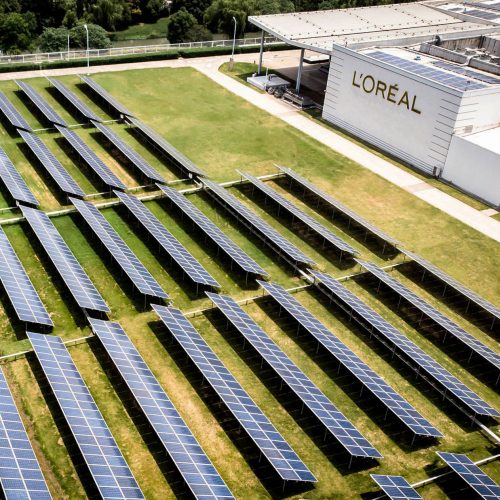
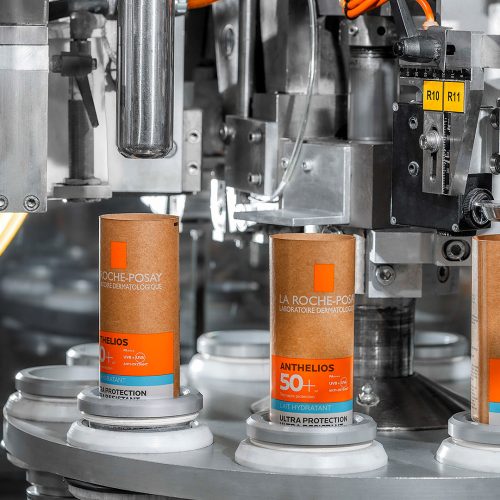

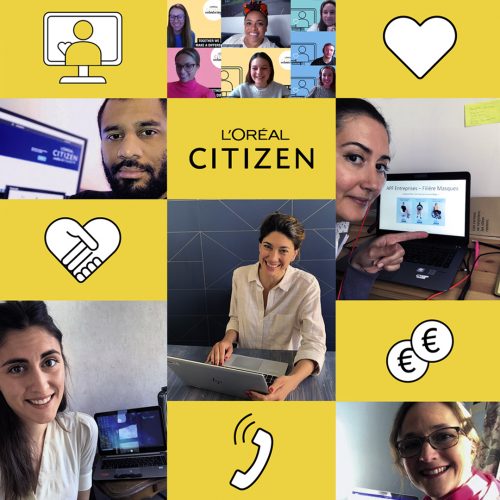
ratings from CDP for reducing carbon emissions, managing water sustainably and protecting forests in the supply chain
invested in the L’Oréal Fund for Nature Regeneration
will be invested in projects in the fields of recycling and plastic waste management
Partnering to create the solvents of tomorrow
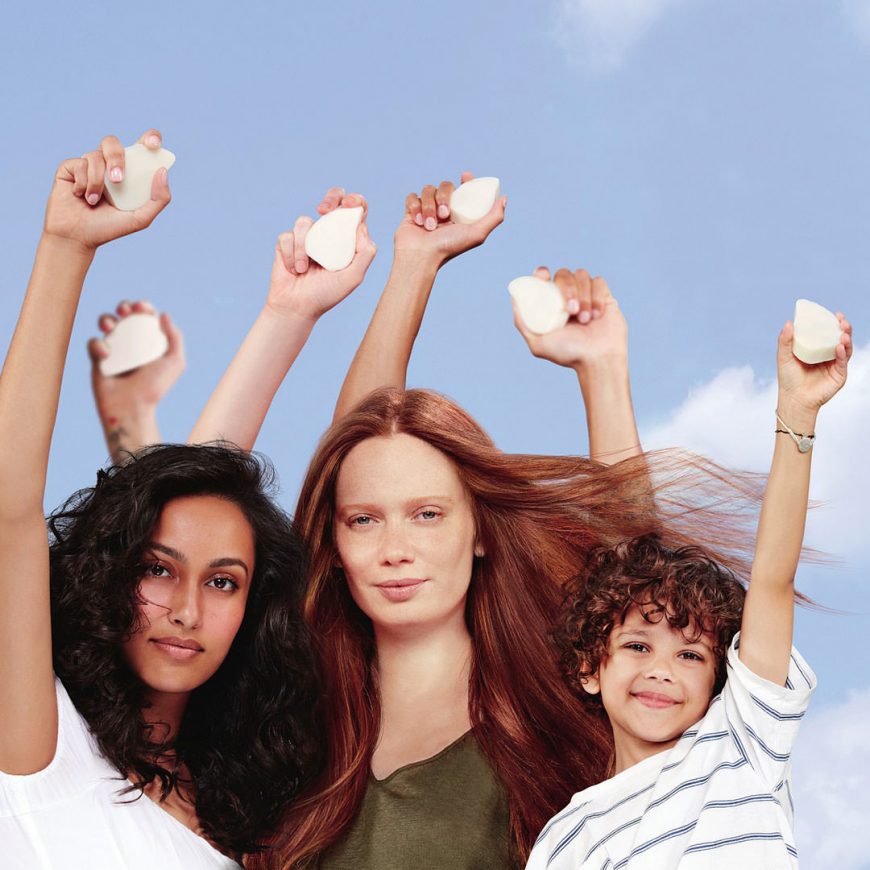
Shampoo bars: a revolution!
What led to the creation of the first ever cosmetics tube including certified cardboard?
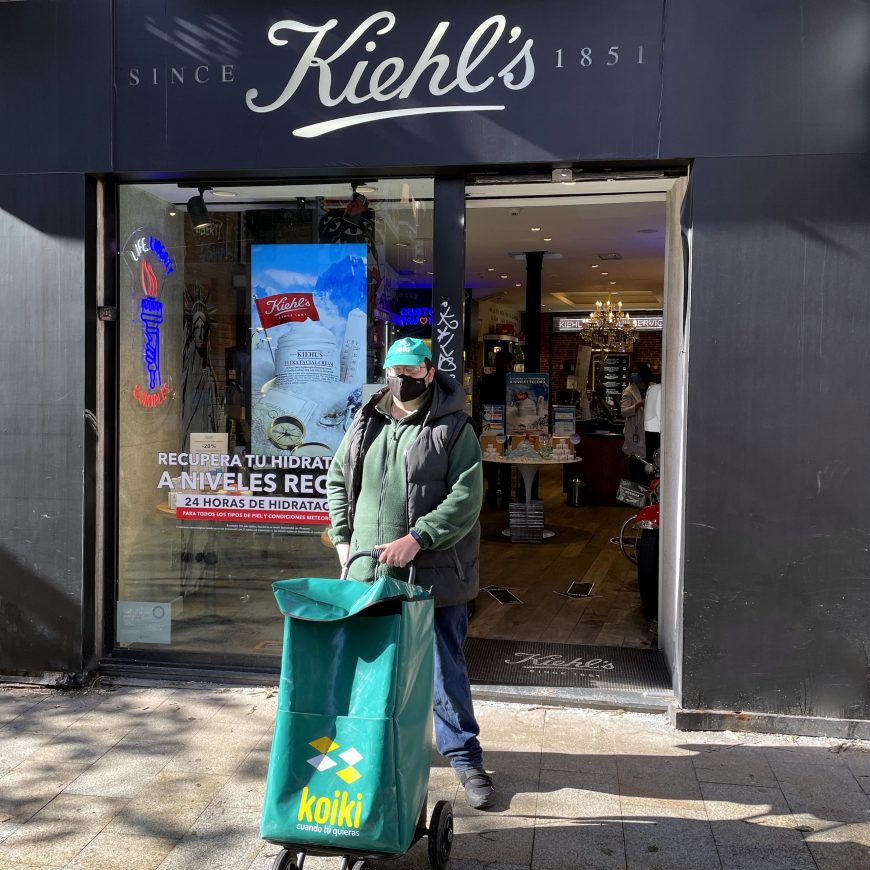
Going the extra mile for the last mile
Human Rights: the same rights for all









